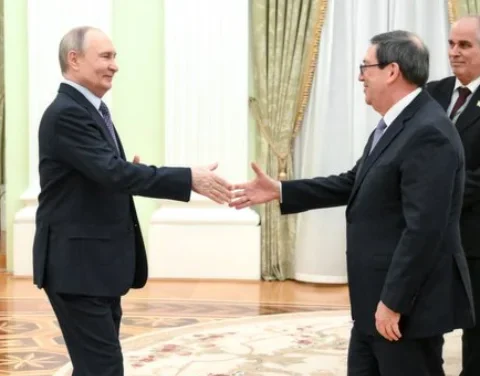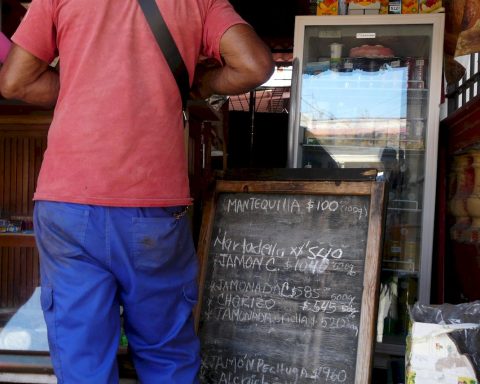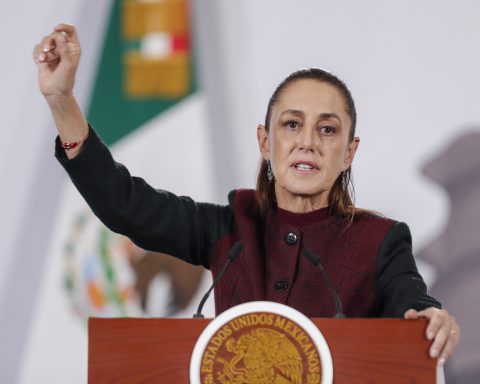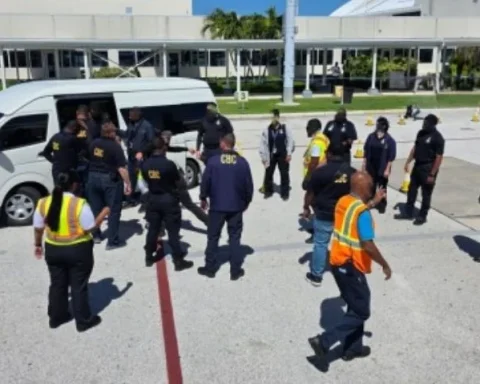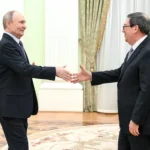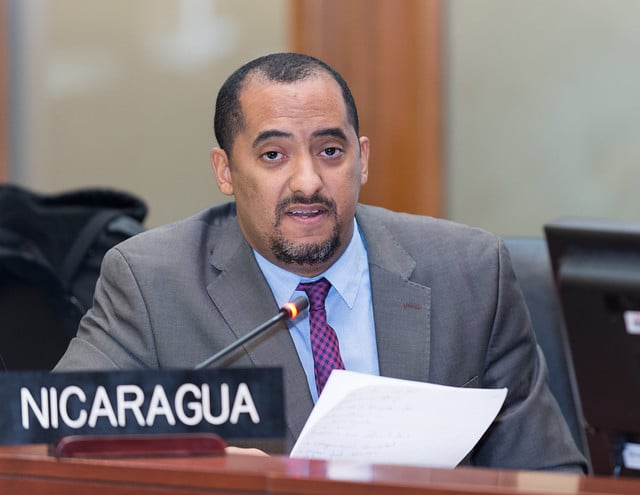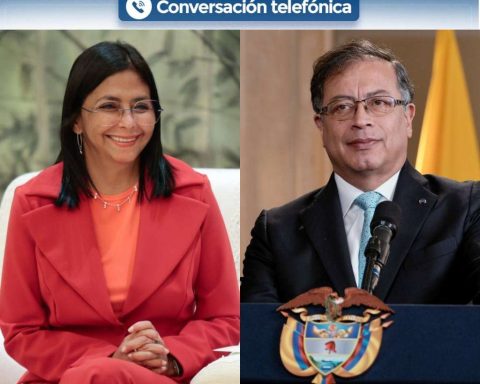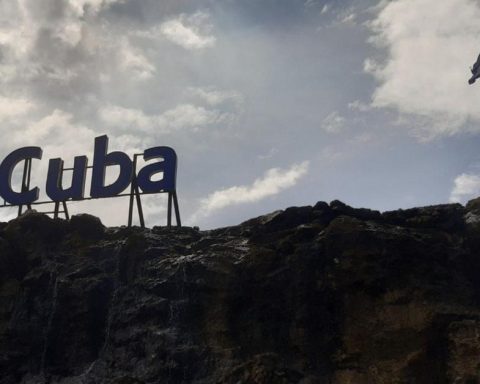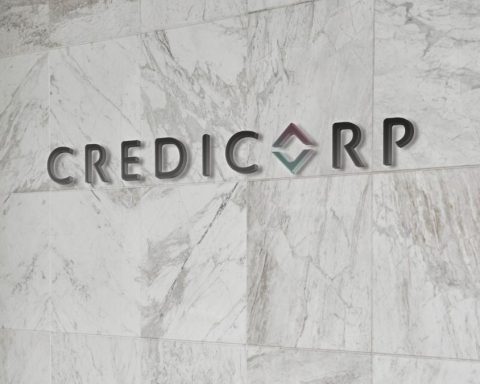Through a statement, both institutions denounced the manipulative use of a document recently published on the Internet that supposedly represents the thinking of the intelligentsia on the island.
Uneac and AHS distanced themselves from the proposals of that text and assured that it is “a condensed falsification in a few lines, without a hint of serious analysis” about the riots of July 11 and 12, “presented exclusively as a political fact.
In his opinion, the alleged manifesto published as part of the media war shows events “manipulated with a hypocritical solidarity with the most humble sectors.”
“And from them, acts of vandalism, physical aggression against citizens and authorities and, above all, any connection with the aggressive media machinery directed against Cuba and its people are excluded,” the statement said.
They also denounce that a small group of individuals from different origins ignore the actions carried out by the Cuban government in favor of the most needy sectors.
“It is probable that the latter, together with the systematic dialogue of the leadership of the revolution with very broad social sectors, increasingly notable, in the midst of misinformation about Cuba, are the real reasons for this new provocation,” the text continues.
The institutions reiterated their intention to discuss any opinion on the national reality, “but we do not accept the maneuver of using just concerns to serve as an instrument for the enemies of the Homeland.”
“The criminalization of our institutions is articulated with the discourse of the promoters of hatred among Cubans, functional to foreign aggression; of the hatred that the signatories of the pamphlet claim to repudiate. We do not accept it,” they emphasized.
Experts from Cuba and the world have agreed that the Caribbean nation is currently the victim of an unconventional war strategy with the aim of fracturing the unity between the people and the Government to create internal destabilization.
acl/idm
